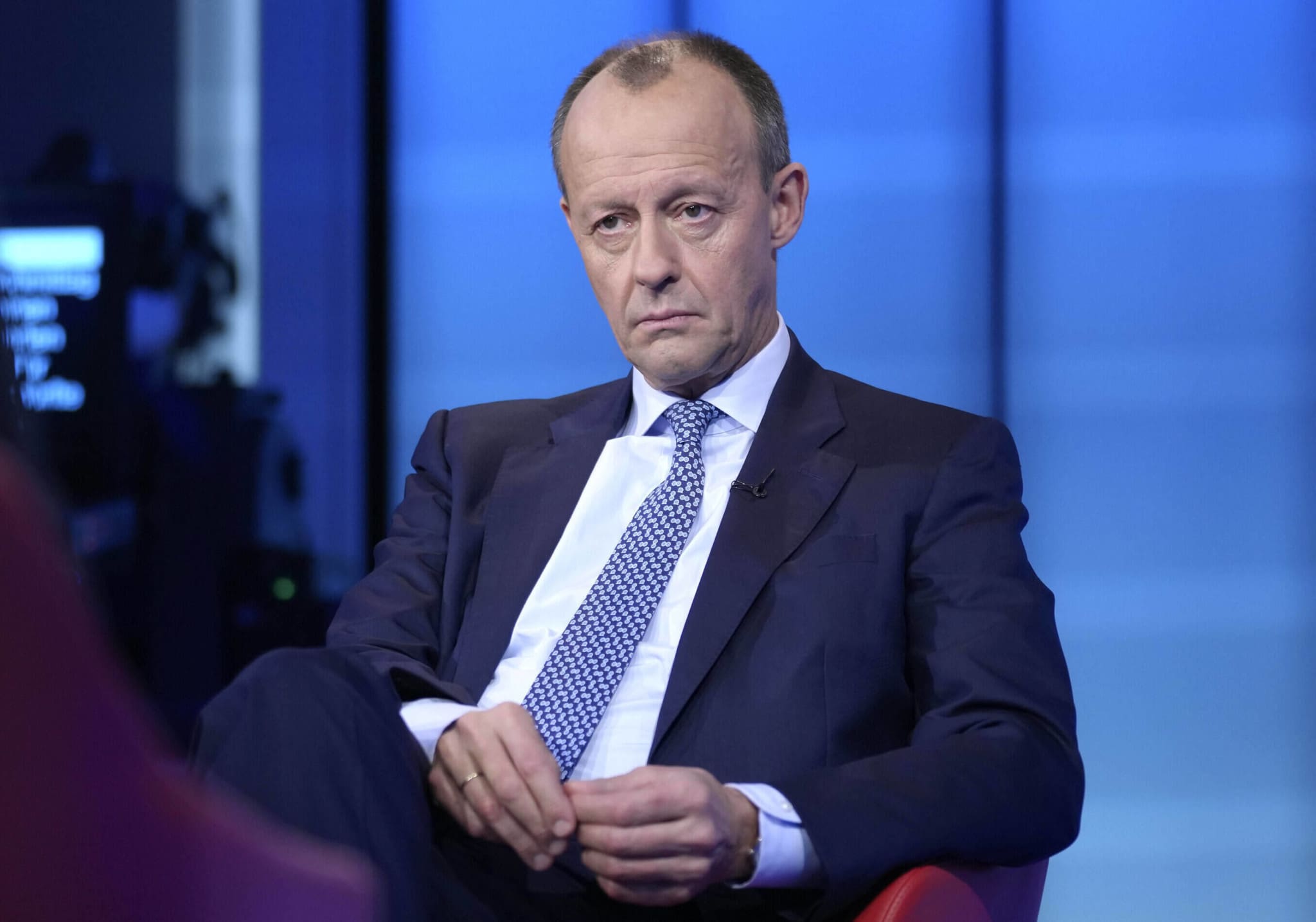Germany’s main opposition party, the Christian Democratic Union (CDU), has a new chairman. Nearly two-thirds of the party members chose Friedrich Merz. The former head of the parliamentary group in the Bundestag is an excellent and captivating speaker, and that is why he has always been the darling of ordinary members of the party.
In recent years, many of these members have felt as if the party, led by former Chancellor Angela Merkel for many years, has moved too far from the original values, creating a vacuum. In the meantime, others have caught up with scope, such as the right-wing populist party Alternative for Germany (AfD).
The fact that Merz received such unexpectedly high support from members indicates how great the desire to conclude Merkel’s decades-long mandate in party history once was for many of them.
But the question is whether Merz can meet their high expectations. For example, when he first ran for party leadership three years ago, he promised to “break the AfD in half.” He de facto said he would attract disappointed conservative voters. He didn’t talk about it now, because he couldn’t help but notice that many of them were already lost to the Christian Democrats.
Relations with Bavarian Christian Socialists
A similar change could be seen in his view of the “greening of the economy,” which Merz had stopped rejecting. This expresses a certain sense of reality because the newly formed German government of the Social Democrat Olaf Scholz has just set the transformation of the German economy as one of their main goals. In addition, few will be able to stop them.
Here, the future main adversary of the new chancellor has surprisingly indicated that he intends to come up with constructive criticism. The good news is that the 66-year-old Merz belongs to a generation of German politicians who are obviously transatlantic.
Although an alliance with France is important to them, they see the link with the United States as something that should not be discussed. Even among some younger CDU politicians, this has sometimes ceased to be a matter of course.
During the recent campaign, Merz also promised to spend part of his time in Brussels. There, he wants to maintain contacts not only with representatives of EU institutions but also with partners within the European People’s Party.
Perhaps the most difficult task for the new chairman of the Christian Democrats will be to settle bad relations with the Bavarian Christian Socialists.
With their chairman, the ambitious Bavarian Prime Minister Markus Söder, Merz does not have much of a generational or thematic connection to the man.
The politically fleeting Söder has recently discovered green issues for himself. Even during the coronavirus pandemic, he relied on the strong role of the state rather than the responsibility of each individual. Merz was more moderate in this regard. However, they will have to agree on which of them will lead the bloc of their parties to the next national elections in 2025. This spring did not go well when the presidents publicly struggled for several weeks to determine who would be the leader. Without that battle, their parties could now be sitting in government today, but instead they are in the opposition.





